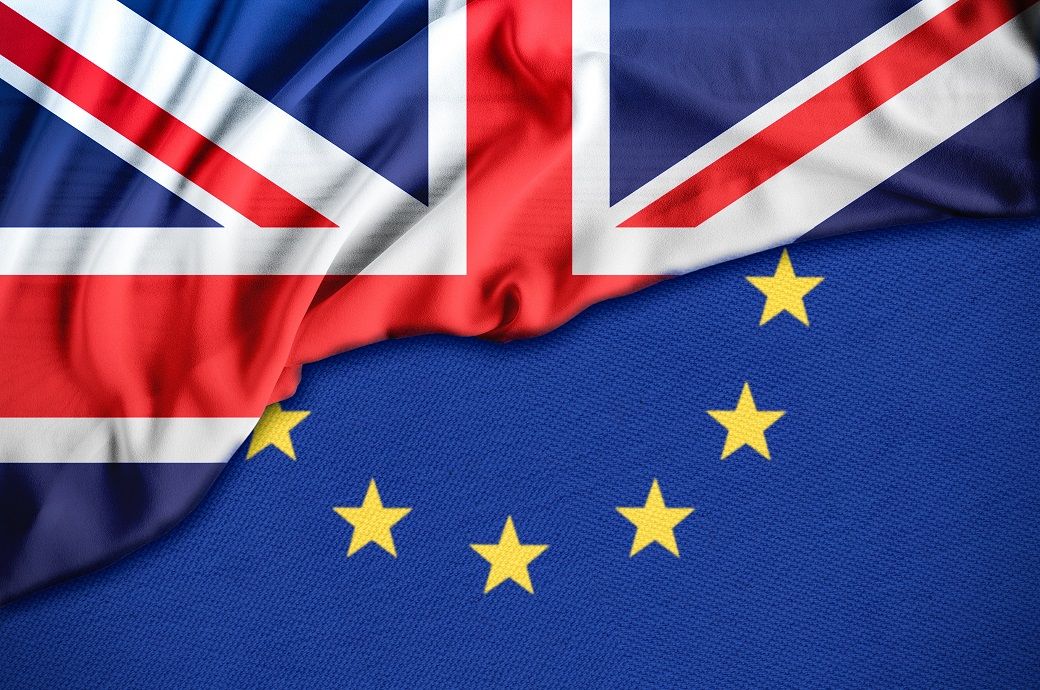
The TCA was agreed on Christmas Eve in 2020 to allow tariff-free trade with the European Union (EU) once Brexit took effect. But a high proportion of businesses say they are still having major problems trying to use the deal to trade with Europe. New data from a recent survey of more than 1,168 businesses shows significant challenges for UK firms trying to use the TCA, the BCC said in a press release.
The survey also found that alongside problems with the TCA, four in five (80 per cent) firms had seen the cost of importing increase since January, more than half (53 per cent) had seen their sales margins decrease, and almost three quarters (70 per cent) of manufacturers had experienced shortages of goods and services.
“Exporting goods into the European Union since Brexit, continues to prove difficult. We have experienced a lot of our goods going missing when they reach customs control. Due to additional import costs, we have found that quite a few of our EU customers that we have dealt with for a long time, in regard to providing a qualifying service, now stay within the EU instead of the UK,” said a retailer in Ayrshire.
Shevaun Haviland, director general of the British Chambers of Commerce, said: “If we don’t do this now then the long-term competitiveness of the UK could be seriously damaged. It is no coincidence that during the first 15 months of the TCA we stopped selling 42 per cent of all the different products that we used to.
“There are clearly some structural problems built into the TCA which cannot be addressed until it is reviewed in 2026. But as we set out in our report to the government there are some issues that do not need to wait on months of negotiations or major reviews to be fixed.”
The BCC’s ‘TCA Two Years On’ report sets out 24 recommendations to increase UK-EU trade. Among its top five proposals for quick action are to create a supplementary deal with the EU which either eliminates or reduces the complexity of exporting food for small medium enterprises. A supplementary deal, like Norway’s, could be established that exempts smaller firms from the requirement to have a fiscal representative for VAT in the EU. CE marked goods and components should be allowed to continue to be used in Great Britain after 2024.
The UK needs to make side deals with the EU and member states to allow UK firms to travel for longer and work in Europe. An agreement can be reached on the future of the protocol on Ireland/Northern Ireland with the European Commission in the early months of 2023 to stabilise trading relationships.
ALCHEMPro News Desk (NB)
Receive daily prices and market insights straight to your inbox. Subscribe to AlchemPro Weekly!